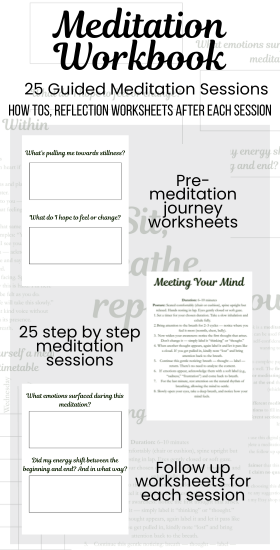
Learn about how your chronic stress can heavily contribute to your anxiety and depression, understand the underlying effects of chronic stress on your mental health.
What is Chronic Stress?
Chronic stress is a form of stress that builds up over time. It’s a long lasting type of stress that feels very overwhelming and life consuming. It causes negative changes in mood and unhealthy sleeping patterns which in turn causes a vicious cycle that we’ll discuss later in this post. Stress in general is a biological reaction to tricky situations that causes the body to release cortisol and adrenaline; the main stress controlling hormones. Pretty much everyone will go through periods of chronic stress in their lives, and for some, it will never fully leave their lives, however, it is very possible to reduce the control it can have on our day to day wellbeing. The best way to spot chronic stress is by analysing yourself and whether you have a mixture of the following symptoms: irritability, tiredness, difficulty sleeping, digestive issues, low libido, disorganised thoughts and problems concentrating.
After diagnosing themselves, people often want to know what the source of their chronic stress is (often very useful in order to combat chronic stress). Chronic stress can be coming from very obvious places such as a big change in life, for example moving house, suffering from financial/relationship problems. It can also manifest itself very visibly from workplace stress or worrying about current affairs like war, poverty, inflation, climate change etc. However, a big part of chronic stress can sometimes come from somewhere that isn’t as easy to spot – and is much more deep rooted. Chronic stress can be the result of traumatic events during childhood, and the way we were taught to cope with stress by the people around us during childhood can make it harder to spot/overcome chronic stress.
Linking Chronic Stress with Anxiety and/or Depression
Biologically
When our body senses a threat of any kind, whether it’s a loud noise like a dog barking or a thought that connects us with a past trauma, a region of our brains called the hypothalamus reacts and prompts the adrenal glands to secrete hormones. These hormones are mainly the stress hormones adrenaline and cortisol. Adrenaline increases heart rate, blood pressure and energy levels whilst cortisol increases blood glucose and slows down non-essential functions such as the digestive system, the reproductive system or growth systems.
Typically, ie. for any stress that is short-term (not chronic stress), these hormone levels will decrease relatively quickly as the threat disappears from our senses and our bodily functions go back to normal. However, for chronic stress, which is long-term, these stressors are constantly present. This means the body’s functions are continually disrupted and this is what leads to the big increase in the risk of heightened anxiety and depression. It is important to note that if you know of other people in your family who have anxiety and/or depression, there is also a big chance that your genes have a part to play as well as any possible chronic stress in your life.
The Vicious Cycle
There is also a vicious cycle which links not only chronic stress to anxiety/depression but also links anxiety/depression back to chronic stress. This is known as a bidirectional relationship. People who suffer from anxiety and/or depression often stop the things they enjoy doing and therefore limit themselves of social interaction. This can make them feel very isolated and guilty as they’re not doing the things they love to do, but it can be complicated to understand why when everything is buried under so many levels of emotion. These levels of emotional confusion can cause people with anxiety/depression to feel very stressed about their feelings and the way they’re living their lives; and the increased stress from this in turn causes more anxiety and/or depression.
References (websites with similar content)
What is chronic stress and what are its common health impacts?
Stress and Depression
Chronic stress puts your health at risk






